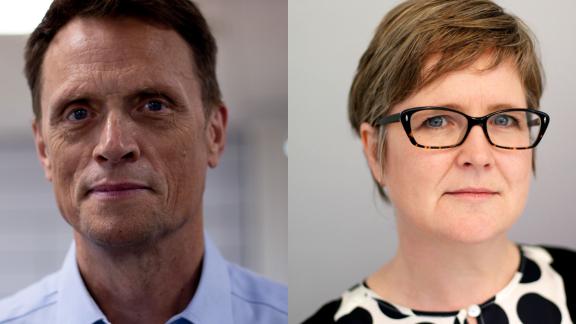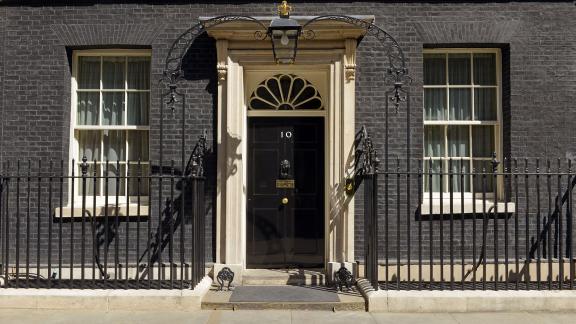New NHS funding is welcome but we aren’t out of the woods just yet

While the funding means the situation for the NHS has improved since last week, the NHS Confederation and NHS Providers warn that it doesn’t go far enough to manage the impact of COVID-19 and rising demand for NHS services.
Back in the early 2000s, NHS patients routinely waited 18 months or longer for treatment. Stories of patients being left in pain on trolleys in hospital corridors were all too common. After years of under-investment, the government of the time faced up to a stark reality: either invest in the NHS to address the backlog of care or condemn millions of patients to further pain and delays.
The extra NHS funding that followed saw waiting times plummet. By the late 2000s, as a patient you were unlikely to wait 18 weeks, let alone 18 months, for an operation. It was rare to have to hang on for four hours in A&E. If you were unfortunate enough to suffer from one of the three big killer diseases of cancer, heart failure or stroke, your survival chances were much improved.
Urgent action is needed
Fast forward 20 years and, exacerbated by the impact of COVID-19, the Conservative government of today has faced a similar inflection point. And it has responded with a cash injection for the NHS and social care, funded through one of the biggest tax rises we have seen in recent times.
This extra funding is essential if we are to manage the ongoing threat posed by COVID-19, tackle the huge backlog of care we now face, and deliver a long-overdue boost to social care services which have been underfunded for decades.
Surgery waiting lists have spiralled from 2.5 million in the late 2000s to 5.5 million today, and the Secretary of State for Health and Social Care thinks this number could skyrocket to 13 million unless urgent action is taken. We still have more than 7,000 patients in hospital with COVID-19 who need care. And due to budgets cuts over many years, around 1.5 million vulnerable people are not getting the social care they need.
The scale of the task ahead
No-one should therefore be under any illusion about the scale of the task ahead. Given the state of public finances it would be churlish to grumble too much. The hope is that this extra funding will help the NHS slowly start to get back to the performance levels and improved patient outcomes that were routinely achieved in the late 2000s, before a decade of austerity in the 2010s reversed many of these hard-fought gains.
“The frontline NHS needs around £10 billion of extra funding next year.”
But this settlement falls short of the extra funding that frontline NHS leaders have told us is needed. Analysis published last week by the NHS Confederation and NHS Providers, based on responses from over 200 health leaders, shows that the direct impact of COVID-19 and the imperative to address the backlog means the frontline NHS needs around £10 billion of extra funding next year.
And this is before the cost of the government’s manifesto commitments, which include building 40 new hospitals, as well as the urgent need to invest in digital technology.
“This funding settlement will leave those running health and care services with very challenging choices about where and how to prioritise care for the public.”
The positive is that we can start to make more inroads into tackling backlogs and we now have clarity about some aspects of social care funding. But as a package it doesn’t go far enough. The danger for the government is that we will still have record waiting lists by the time of the next election. Also, the settlement seems to assume that the direct costs of COVID-19 will disappear by 2023. We all want that to be the case but it’s not a safe planning assumption and will need to be revisited if COVID-19 persists.
We are left in a better place than we were last week, but this funding settlement will leave those running health and care services with very challenging choices about where and how to prioritise care for the public.
They will need backing from the government to manage public expectations about how long it will take to deal with the backlog, and continued support from the public in following the COVID-19 guidance around mask wearing and social distancing. This will give the NHS the best possible chance of addressing what is likely to be a once-in-a-generation challenge.
Matthew Taylor is chief executive of the NHS Confederation, and Saffron Cordery is deputy chief executive of NHS Providers. You can follow them on Twitter @FRSAMatthew @Saffron_Policy
This article was first published in The Times



